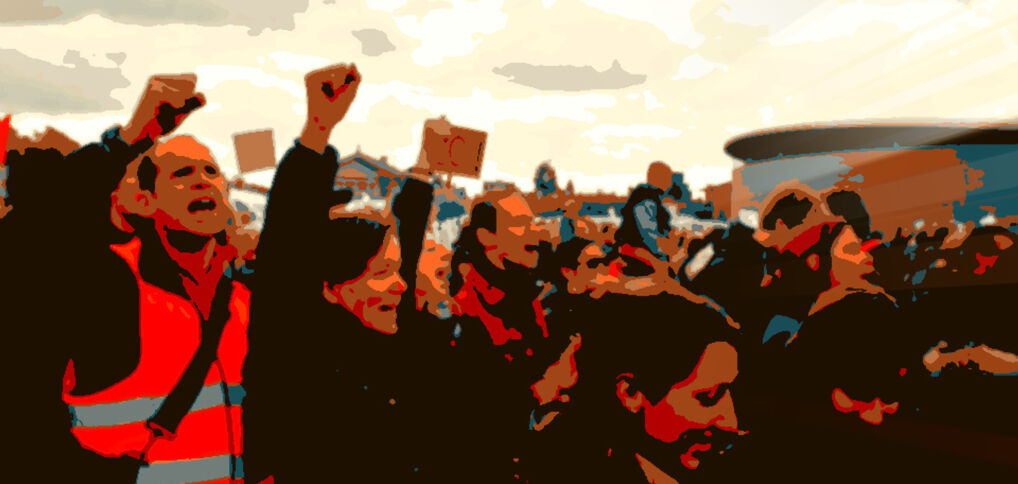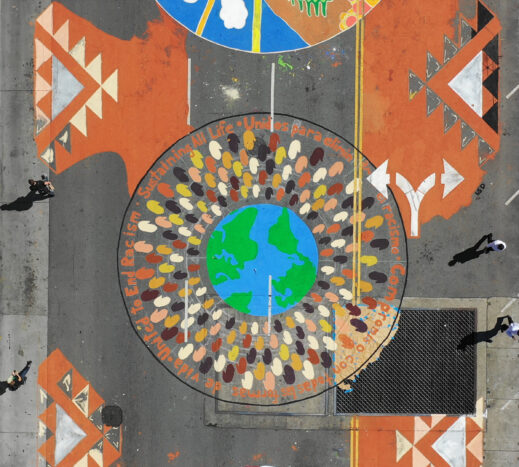
View this resource
as PDF>>>
***
View this resource
In French>>>
***
View this resource
in Hindi>>>
***
View this resource
in Spanish>>>
Unions around the world are seeking a “just transition” to a more equitable system and a sustainable future. This means phasing out fossil fuel production and consumption and doing so with equity at the core.
.
Workers, labor leaders, and climate justice activists share common goals and face common obstacles to achieving them. As union activists we want to work together with climate justice activists. We want to connect workers’ issues with reversing climate change. We want to strengthen both labor and environmental organizations.

The work on climate change must not exclude or be at the expense of workers in the impacted industries. We have to support and engage workers and communities whose income depends on the extraction of
fossil fuels. A tactic used to divide our movements is to tell workers
to “choose” between good jobs and a healthy environment. In reality we all need meaningful and life-supporting work as well as a sustainable planet for ourselves and future generations.
Unions around the world are using the concept o “just transition” to organize, educate, and form alliances to create systemic change for a
sustainable future. To make “just transition,” workers will have to participate in all decisions that affect their ability to provide for themselves and their families.
Many environmental groups are backing unions in their efforts to support workers during the transition from fossil fuels. Examples include retraining coal miners who have lost their jobs for jobs with comparable wages and benefits, and support for gas workers who are transitioning to geothermal jobs.
It is important that workers participate in all decisions that affect their ability to provide for themselves and their families.

Classism, racism, sexism, and other oppressions confuse and divide people. They make it difficult for workers to unite and recognize their power. Sustaining All Life/United to End Racism offers tools to heal from hurts caused by oppression, including from internalized oppression—the negative messages about us, and about other oppressed people, messages that we sometimes believe and act out. Releasing painful feelings in a structured supportive setting helps us think more clearly and act more effectively.
We can heal the divisions in our relationships, organizations, and
movements. We can become more hopeful, flexible, and committed and better connected to all people. We can build united movements that both reverse the
effects of climate change and make it possible for all people to provide for themselves. The
transition to a just sustainable future is in our hands.


